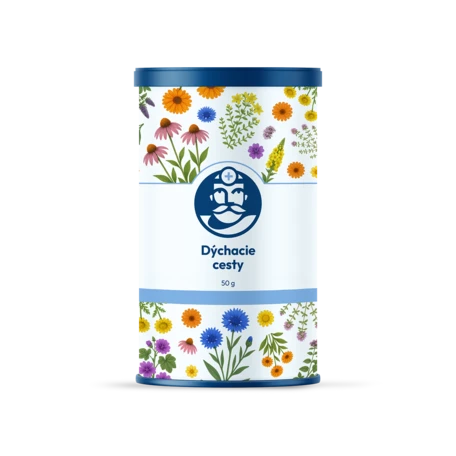

Vision support
Pack of 60 capsules
Pack of 130 capsules
Nutritional value
| Active ingredient | In daily dose | % Ref |
|---|---|---|
| Blueberry fruit extract 4:1 (Vaccinium myrtillus) | 250 mg | - |
| Calendula officinalis flower extract standardised to 5% lutein | 200 mg | - |
| - of which lutein | 10 mg | - |
| Vitamin C (ascorbic acid) | 80 mg | 100.00% |
| Grape (Vitis vinifera) seed extract standardised to 95 % proanthocyanidins | 50 mg | - |
| Calendula officinalis flower extract standardised to 5% zeaxanthin | 40 mg | - |
| - of which zeaxanthin | 2 mg | - |
| Fennel seed extract 4:1 (Foeniculum vulgare) | 25 mg | - |
| Vitamin B2 (riboflavin) | 1.4 mg | 100.00% |
| Vitamin A (betacarotene) | 400 mcg | 50.00% |
Ingredients: Bilberry extract, calendula extract, ascorbic acid, grape vine extract, fennel extract, beta-carotene, riboflavin, vegan capsule made of hydroxypropyl methylcellulose and water.

Description
Support your vision naturally and effectively with Vision Support
Your eyes work hard every day – screens, night driving, artificial light and sunlight constantly strain them. Give them the care they deserve. Vision Support is a natural blend of vitamins and plant extracts promoting sharp, clear and healthy sight.
Key benefits
- Macula & retina protection – lutein and zeaxanthin filter blue light and protect sensitive eye structures.
- Reduced eye fatigue – bilberry anthocyanins support retinal regeneration and microcirculation.
- Strong antioxidant defense – vitamin C, riboflavin and grape seed extract neutralize free radicals.
- Night vision support – beta-carotene improves dark adaptation.
- Comprehensive care – synergistic formula prevents irritation, fatigue and age-related visual decline.
Ingredients & effects
- Bilberry – supports microcirculation and retinal regeneration.
- Calendula – natural source of lutein and zeaxanthin protecting the macula.
- Fennel – soothing and detox-supporting.
- Grape seed extract – strengthens vessels and supports healthy eye perfusion.
- Vitamin C – supports collagen formation and tissue elasticity.
- Vitamin B2 – protects against oxidative stress.
- Vitamin A – essential for retinal function and night vision.
Why it works
Lutein and zeaxanthin act as natural filters, bilberry improves blood flow and regeneration, antioxidants prevent tissue damage and vitamins A and B2 support long-term eye health. The combination forms a protective shield for your eyes.
Recommended use & quality
Take 1 capsule daily with food. Made in Slovakia, free from GMOs, allergens and artificial colors. Each batch is lab-tested.
See the world more clearly every day. Strengthen your eyes with natural plant extracts and vitamins.
Reviews
I have more energy and my eyes are less irritated. I recommend to anyone who wants to see better.
The eye support really helped me. My eyes are less tired. Daily use is worth it.
I adore these capsules! I feel like I can see sharper and brighter.

Ingredients
In each of our recipes, we invest in research to identify the right ingredients, compounds, and doses to achieve real benefits. We then manufacture our unique recipes in the most modern facilities in Slovakia.
Grapes
Mainly flavonoids, improve blood flow in the blood vessels of the eyes, act antioxidant.
Calendula officinalis
Containing lutein and zeaxanthin, they contribute to the protection of the eyes from UV rays and blue light.
Vitamin C (ascorbic acid)
The powerful antioxidant vitamin C will help keep immunity in tip-top shape, help build and protect tissues, and accelerate healing.
Grapes
Mainly flavonoids, improve blood flow in the blood vessels of the eyes, act antioxidant.
Fennel
It reduces irritation and inflammation in the eye area, promotes digestion, relieves bloating and cramps.
Vitamin B (riboflavin)
Helps prevent oxidative damage to the eyes, supports energy metabolism.
Vitamin A (betacarotene)
Beta-carotene is a provitamin (precursor) of vitamin A, which we get directly from plant sources.


























